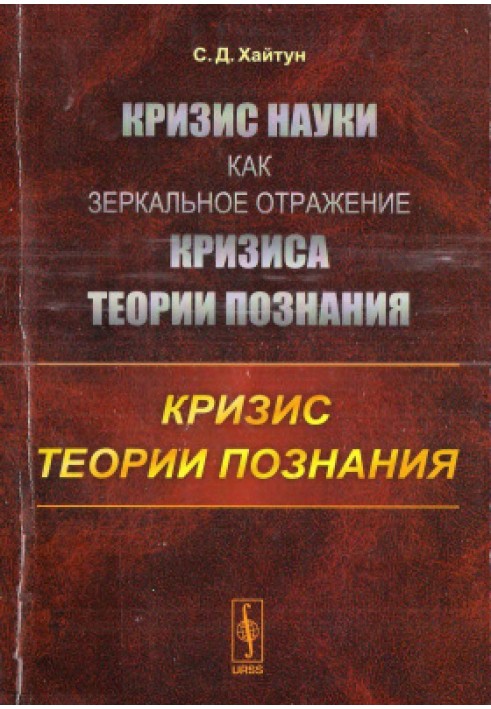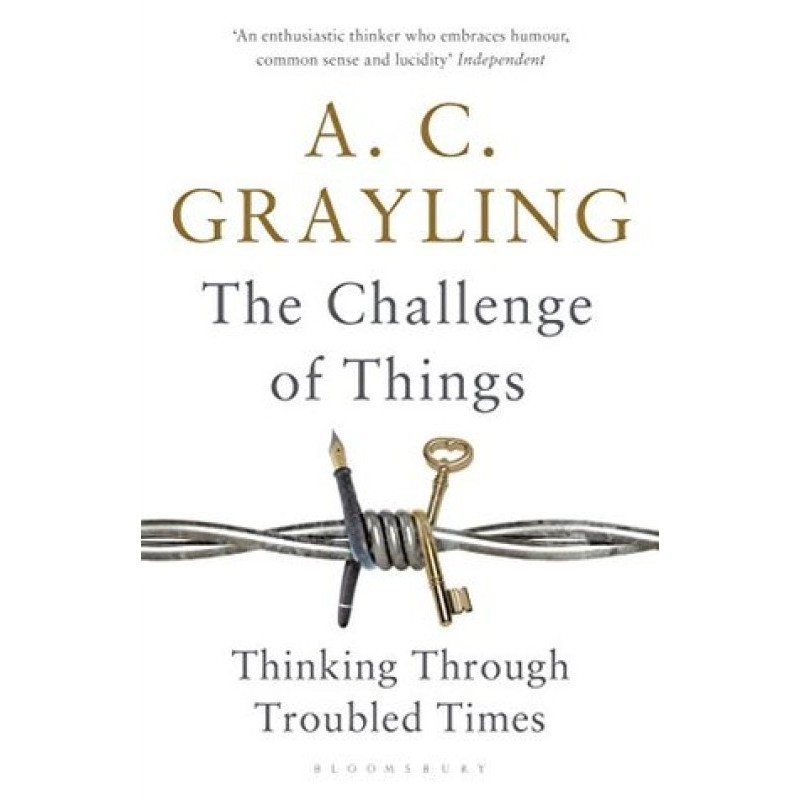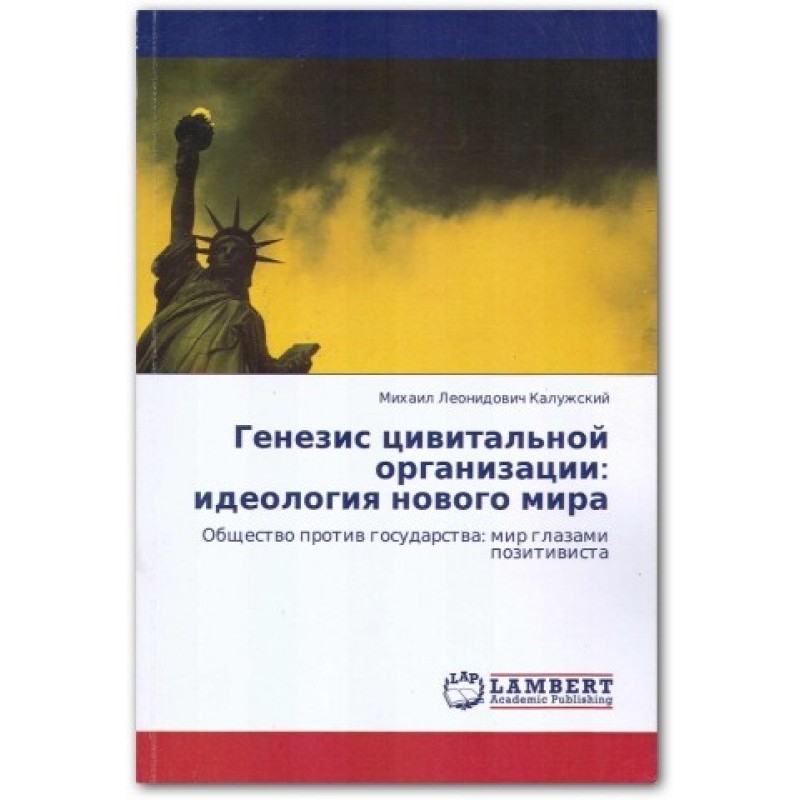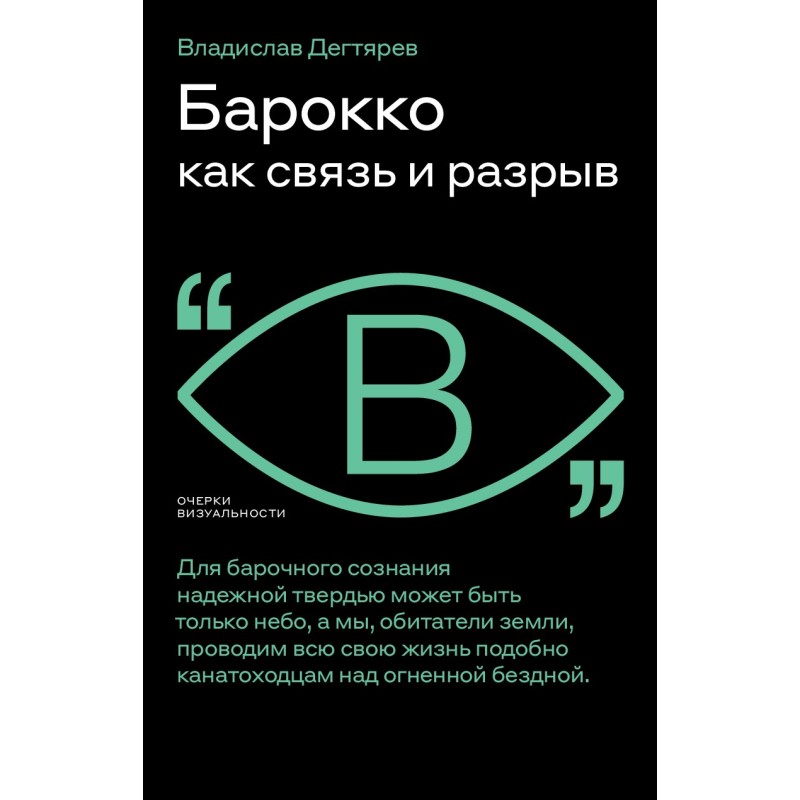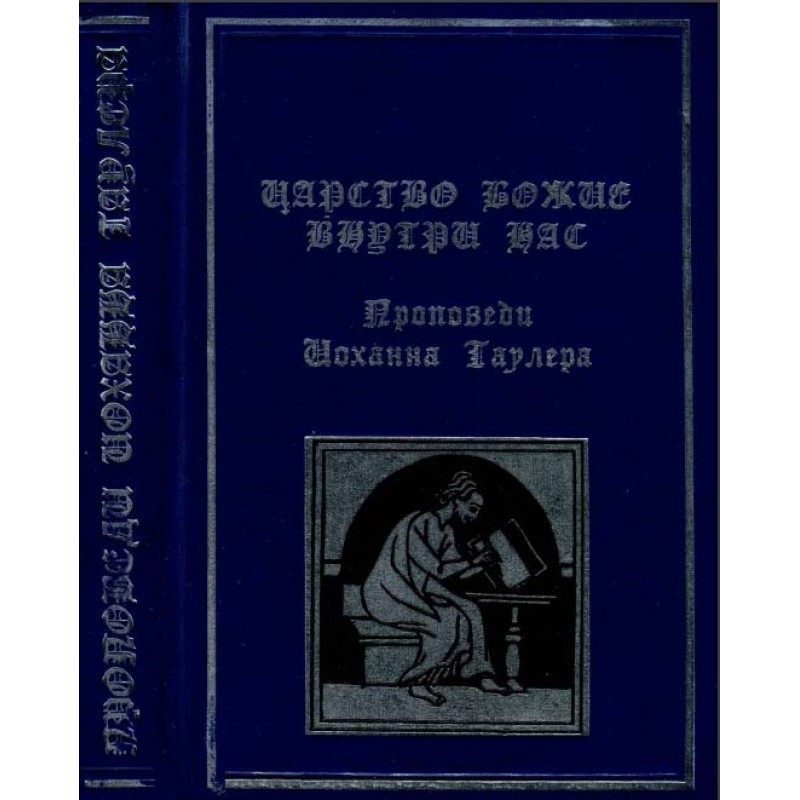The crisis of science as a mirror reflection of the crisis of the theory of knowledge: The crisis of the theory of knowledge
 Instant download
Instant download
after payment (24/7)
 Wide range of formats
Wide range of formats
(for all gadgets)
 Full book
Full book
(including for Apple and Android)
The post-industrialization of the modern world, as a result of which science is becoming an increasingly decisive factor in the economy, brings to the fore the theory of scientific knowledge, the main section of which is epistemology, which is also the main section of the philosophy of science. The theory of knowledge and philosophy of science are experiencing a crisis today caused by the victory in the 20th century. in both of these disciplines, the principle of fallibilism (from the English fallible - fallible, fallible), according to which no scientific theory can be substantiated with one hundred percent reliability, so that tomorrow the fallacy of any of them, including the most fundamental ones, may be revealed. Experts in the theory of knowledge and philosophers of science do not know what to do with this principle.
Science is also experiencing a crisis these days, only a mirror one in relation to the first: it is a consequence of the rejection of the principle of fallibilism by the majority of scientists. Its main manifestation is the overly tough struggle of scientists with dissidents in their midst, who, in fact, generate, often making mistakes and making mistakes, all those new ideas and theories that then form the basis of scientific knowledge.
B The first part of the book examines the arguments that led philosophers of science to accept the principle of fallibilism. A separate chapter is devoted to illustrating the effect of the principle of fallibilism on specific scientific material, including a dozen of the author's (or partially author's) developments that cast doubt on statements that are today perceived as true by the mainstream scientific community (for example, the statement that entropy is a measure of disorder).
An analysis of the main trends in modern philosophy of science leads the author to the conclusion that the attempts made in it to “digest” the principle of fallibilism are unsuccessful, on the basis of which a crisis in the theory of knowledge is stated. The way out of it is proposed to be carried out on the basis of the author’s version of universal evolutionism. This is supposed to be done in the second part of the book, in which ways to resolve the fallibilistic crisis of science will be outlined.
The book is intended for scientists and philosophers interested in general problems of science and the theory of knowledge.
Contents< /p>
Summary of concepts and criteria of scientific truth. Victory of the principle of fallibilism in the philosophy of science. Illustration of the operation of the principle of fallibilism on specific scientific material. Contradictions created (naked) by the victory of the principle of fallibilism in the philosophy of science. Radical changes in the ideas of the philosophy of science of the 20th century ., which occurred in conjunction with the principle of fallibilism. The crisis of modern philosophy of science. Evolutionary epistemology as a possible basis for the “repair” of the philosophy of science. Literature. Index.
Monograph. - M.: Lenand, 2014. - 448 p. — ISBN 978-5-9710-1296-2.
Data sheet
- Name of the Author
- Сергей Хайтун Давыдович
- Language
- Russian
Reviews
Глибокий аналіз кризи науки та теорії пізнання
Книга "Криза науки як дзеркальне відображення кризи теорії пізнання" є вражаючим дослідженням, яке порушує важливі питання про сучасний стан науки та філософії. Автор майстерно розкриває концепцію фалібілізму, пояснюючи, чому цей принцип став основою для багатьох дискусій у науковому середовищі. Він детально аналізує, як фалібілізм вплинув на розвиток теорії пізнання та чому багато вчених не можуть прийняти цю ідею, що призводить до кризи в науковій спільноті. Книга насичена прикладами з реального наукового життя, що робить її ще більш зрозумілою та доступною для читачів. Особливо вражає друга частина, де автор пропонує нові шляхи вирішення фалібілістичної кризи через еволюційну епістемологію. Це видання стане корисним не лише для філософів, але й для всіх, хто цікавиться наукою, її розвитком і викликами, з якими вона стикається в сучасному світі. Рекомендую всім, хто прагне зрозуміти глибші аспекти наукового пізнання та його еволюцію!

